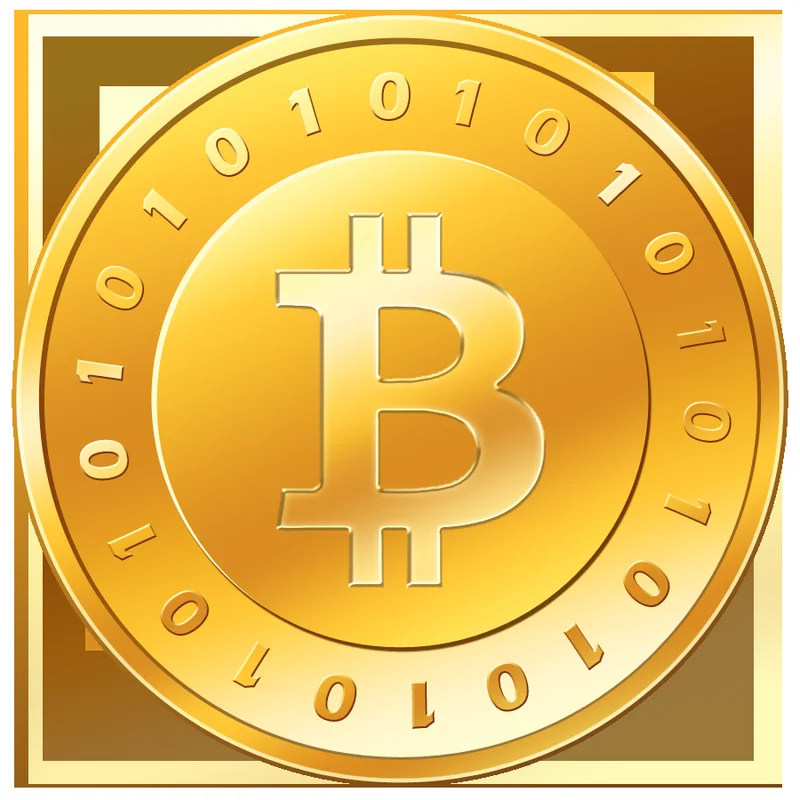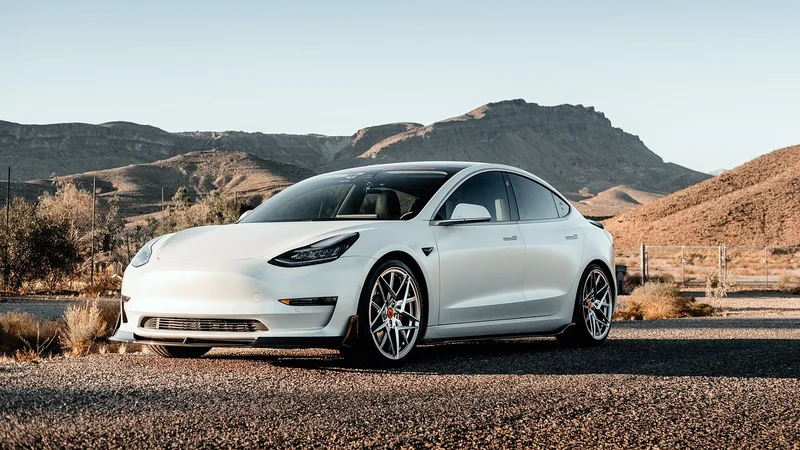npr: What is it?
How Meme Stocks Turned Wall Street Upside Down
The meme stock phenomenon. It sounds like a fleeting internet joke, but the data tells a different story. These aren't just Reddit-fueled pumps and dumps; they represent a fundamental shift in market power, and anyone who dismisses them is missing the bigger picture.
The Rise of the Retail Horde
Let's rewind. GameStop (GME). AMC. Bed Bath & Beyond (BBBY). These were companies facing serious headwinds, some teetering on the brink of bankruptcy. Then, something strange happened. Swarms of retail investors, organized (loosely) on platforms like Reddit's WallStreetBets, began buying up shares, driving prices to dizzying heights. We're talking percentage gains that would make even the most seasoned hedge fund manager blush.
The initial narrative was David vs. Goliath: ordinary investors sticking it to the Wall Street fat cats who were shorting these companies into oblivion. And there's some truth to that. Hedge funds like Melvin Capital (which, let's be honest, probably had some very nervous analysts) took a beating. But the real story is more complex.
Consider the trading volume. GameStop, at its peak, was trading more shares daily than Apple. Apple. That's not just a short squeeze; that's a seismic shift in market participation. The question is, where did this army of retail investors come from? A confluence of factors, in my estimation. Commission-free trading apps like Robinhood democratized access to the market. Stimulus checks gave people disposable income. And, let's not forget, a global pandemic left a lot of people bored at home with nothing better to do than gamble on the stock market.
And gamble they did. The data on options trading during this period is staggering. Retail investors were buying call options at a rate never seen before, effectively amplifying their buying power and further fueling the frenzy. This is the part of the report that I find genuinely puzzling; it suggests a level of market sophistication that doesn't quite align with the "dumb money" narrative. Were these really naive investors, or were they a new breed of digitally savvy traders?

Beyond the Hype: A New Market Reality
The meme stock bubble eventually burst, of course. Prices crashed back down to earth, leaving many latecomers holding the bag. But the aftershocks are still being felt. Companies like AMC, for example, used the inflated stock price to raise capital and restructure their debt. In other words, meme stock mania gave them a lifeline.
And what about the hedge funds? Some learned their lesson and scaled back their short positions. Others doubled down and paid the price. But the biggest takeaway is that the power dynamic has shifted. Retail investors, armed with social media and commission-free trading, are now a force to be reckoned with.
Regulators are still trying to catch up. The SEC has issued warnings about the risks of meme stock investing, and they're scrutinizing the role of social media platforms in spreading misinformation. But let's be honest, they're playing whack-a-mole. You can't regulate sentiment. You can't legislate against irrational exuberance. And you certainly can't put the genie back in the bottle.
The rise of meme stocks has exposed some uncomfortable truths about the market. It's shown that valuations can be divorced from fundamentals, that social media can drive investment decisions, and that a coordinated group of retail investors can move markets. (The reported gains were substantial – to be more exact, in the hundreds of percentage points for some stocks.) Whether that's a good thing or a bad thing is debatable, but it's a reality we have to acknowledge.
Wall Street's Wake-Up Call
The meme stock saga wasn't just a blip; it was a warning shot. The data is clear: retail investors are a force, and Wall Street needs to adapt – or get left behind. The old rules don't apply anymore. And anyone who thinks this is just a passing fad is in for a rude awakening.
Related Articles
Nebius: Cramer's Reversal and the Insatiable Demand
Cramer's AI U-Turn: Why IREN and Nebius Signal a Hyper-Growth Future We Can't Ignore Jim Cramer chan...
Relocation: What the Data Reveals
The Illusion of Infinite Growth: Peeling Back QuantumLeap's AI Numbers Another quarter, another roun...
AI's Free Push in India: What's the Catch?
Title: Free AI in India: Charity or Calculated Data Grab? The rush is on. Google, OpenAI, and Perple...
Julie Andrews: Why Her Legacy Endures Beyond Her Iconic Voice
I spend my days analyzing systems. I look at code, at networks, at AI, searching for the elegant des...
Trump's Bitcoin Bet: A $415 Million Gamble and Its Tumbling Price
Generated Title: Trump's Bitcoin Gamble: Genius or Fool's Gold? A Data Dive Trump's Bitcoin Gamble:...
Tesla's Troubles: Elon's Distractions vs. Sales Data
Elon's UK Meltdown: Can Tesla Survive Musk's Political Circus? Tesla's facing a serious problem in t...





